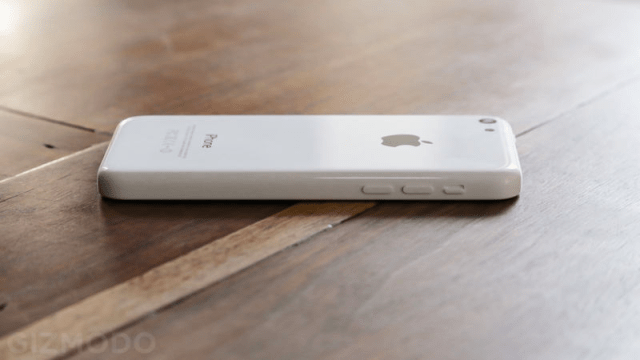On the eve of a Congressional hearing about the US Department of Justice’s fight with Apple over a locked iPhone, a Brooklyn judge has ruled that the DOJ cannot force Apple to assist in unlocking an iPhone in a separate New York drug case.
Judge James Orenstein rejected the government’s interpretation of the All Writs Act, ruling that it cannot compel Apple to create software that will weaken its security protections using that statute. Orenstein arguing that the government’s expansive interpretation of the All Writs Act would “cast doubt on the AWA’s constitutionality if adopted”.
This is an unambiguous victory for Apple. Orenstein is calling this government overreach in clear terms:
The implications of the government’s position are so far-reaching — both in terms of what it would allow today and what it implies about Congressional intent in 1789 — as to produce impermissibly absurd results.
“Absurd” showed up at least six times, as USA Today journalist Brad Heath pointed out on Twitter.
Judge Orenstein’s order calls DOJ’s argument that Apple must unlock a suspect’s iPhone “absurd” at least six times.
— Brad Heath (@bradheath) February 29, 2016
Orenstein believes that Apple has a better argument about the role of the Communications Assistance for Law Enforcement Act in the case:
Both the government and Apple agree that CALEA does not compel a private company such as Apple to provide the kind of assistance the government seeks here. See Govt. II at 22; Apple II at 5. They disagree as to why that is so: the government contends that CALEA simply has nothing to say on the matter,while Apple argues that the omission reflects a legislative choice. As explained below, Apple’s argument has more merit.
The Department of Justice is still attempting to compel Apple to create software to help it unlock a phone connected to the San Bernardino shooting. Just like with this drug case, the DOJ is using the All Writs Act in an attempt to carry out a search warrant for the phone.
Orenstein’s dismissal of the AWA is bad news for the US government, but it certainly doesn’t put the issue between the DOJ and Apple to rest. It will be a tool for Apple, but it’s not binding. Since the San Bernardino case involves a more serious crime than a simple drug case, the DOJ could argue that the cases are not similar.
But while this doesn’t guarantee victory for Apple in the San Bernardino case, it may have a major impact on how the All Writs Act gets used, as attorney and Brookings Fellow Susan Hennessey pointed out on Twitter.
If district court agrees with Orenstein’s analysis, that AWA read has widespread implications on government use of AWA in number of contexts
— Susan Hennessey (@Susan_Hennessey) February 29, 2016
You can read the full order here:
